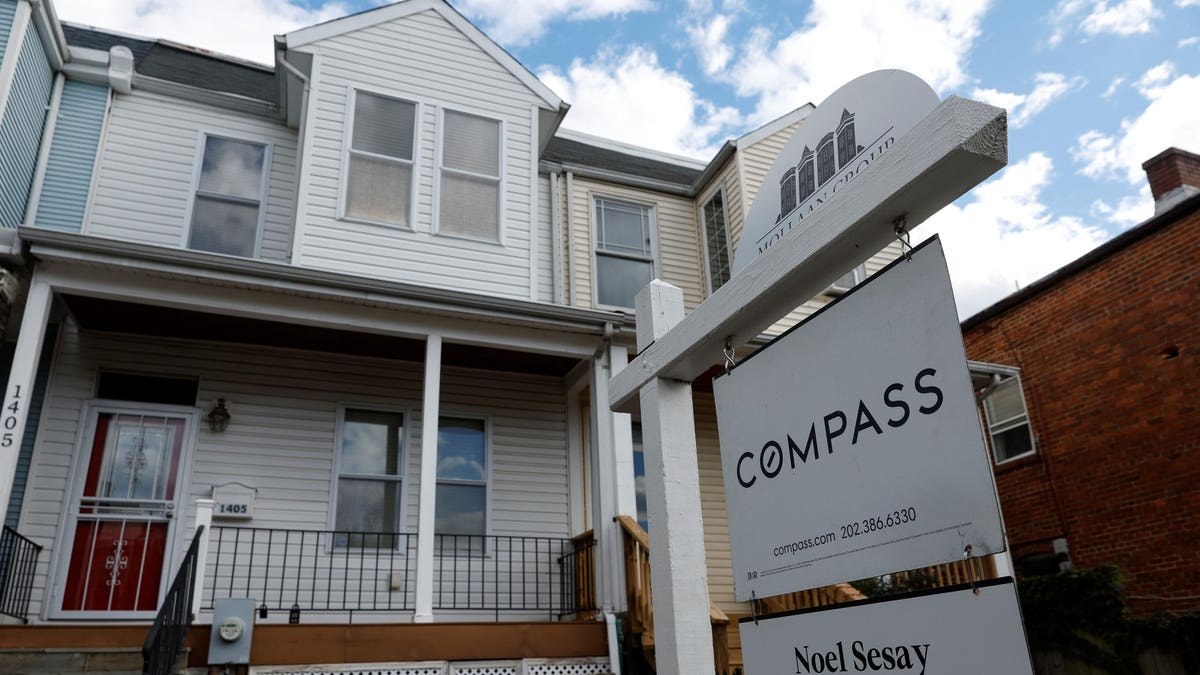Topline
Mortgage rates just touched their highest level since 2001, coinciding with still persistent fears about a recession and rising at a pace not seen since a 1980s downturn eerily similar to today.
Key Facts
American homebuyers now face an average 30-year fixed mortgage rate of 7.09%, according to borrowing data released by federal mortgage servicer Freddie Mac.
That’s a roughly 150% increase from the same week in 2021, when the average rate was 2.86%.
That’s the fourth-largest two-year increase in 30-year mortgage rates according to Freddie Mac data dating back to 1971 analyzed by Forbes; the three largest increases came over the last year as well.
At the onset of the last seven recessions, 30-year mortgage rates were an average of 11.6% higher than they were two years prior, comparing unfavorably to the average 1.1% two-year increase over the last 50 years.
The only other instances when mortgage rates jumped by 50% or more over a 24-month period came between 1979 and 1981, coinciding with a pair of recessions marked by surging inflation and an aggressive Federal Reserve, a perhaps troubling parallel for those hoping for the U.S. to avoid a recession in coming months.
Potentially more troubling, National Association of Realtors economist Lawrence Yun told MarketWatch he could foresee 30-year rates surging past 8%, “re-freezing” the housing market, a key component of economic activity, as measured by the nation’s gross domestic product.
Key Background
Mortgage rates, which loosely follow the federal funds rate set by the Fed, spiked from about 3% to over 6% in a six-month span last year as the central bank hiked interest rates at its quickest pace since the infamous Paul Volcker-led campaign four decades ago. Mortgage rates are still far below where they were in the 1980s, when they spiked at more than 18%. This hiking cycle, overseen by Fed chairman Jerome Powell, has yet to result in as severely painful economic conditions, but several indicators still point toward a recession on the horizon. Specifically, the difference in yields for short and long-term bonds, which is a proxy for investor confidence in the economy over the short-term, predicts a roughly two-thirds chance of a recession coming over the next year. The yield for 10-year U.S.-issued bonds surged to its highest level since 2008 this week, further indicating a breakdown in faith in the economy.
Surprising Fact
Homes have become considerably more expensive as mortgage rates doubled. The median home in the U.S. sold for $422,137 last month, according to RedFin data, compared to $318,100 a year ago.
Read the full article here





